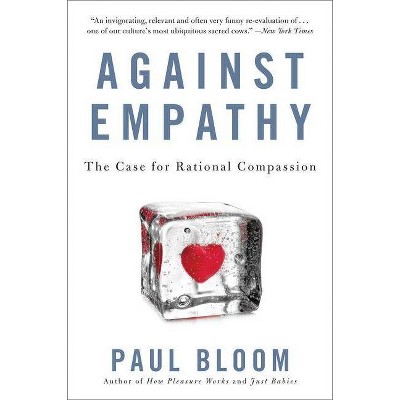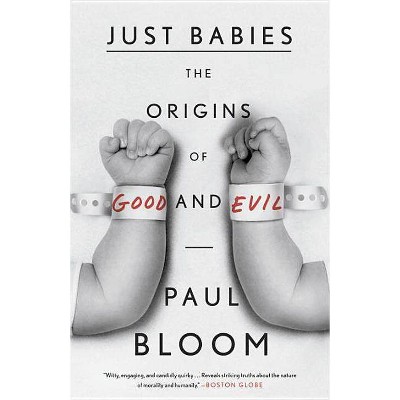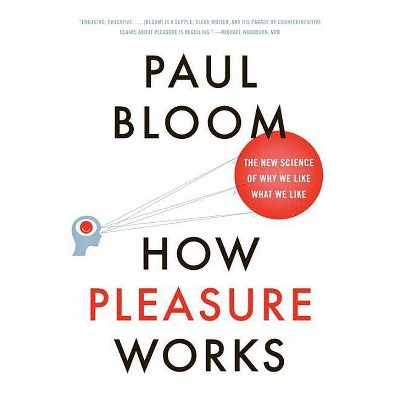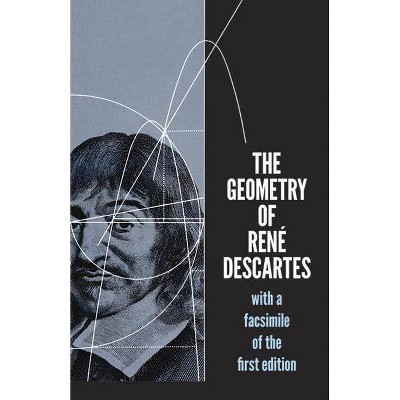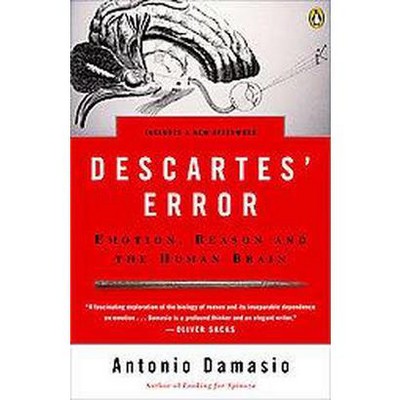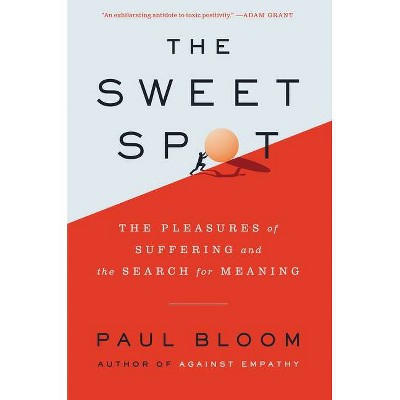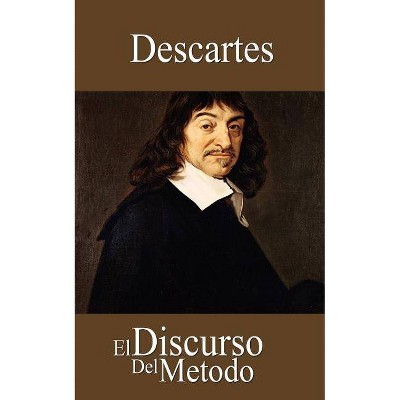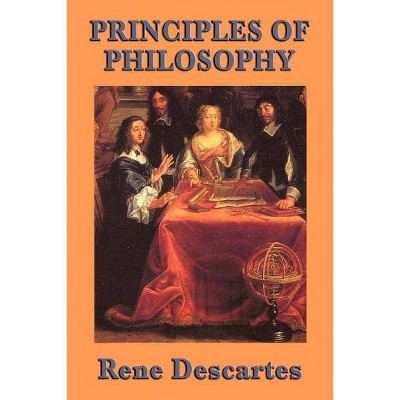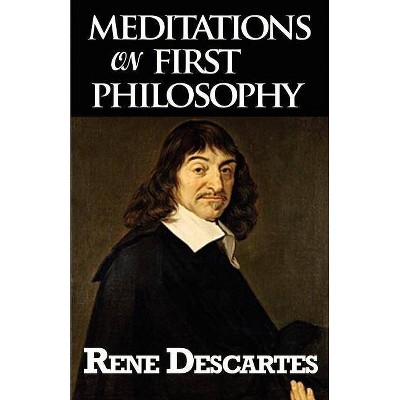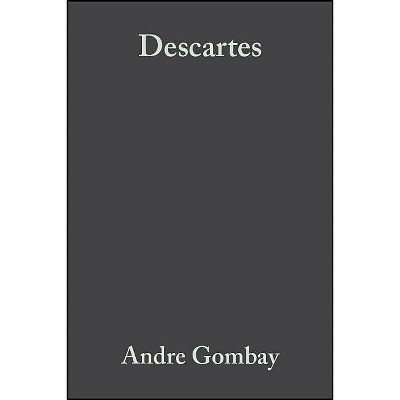Descartes' Baby - by Paul Bloom (Paperback)
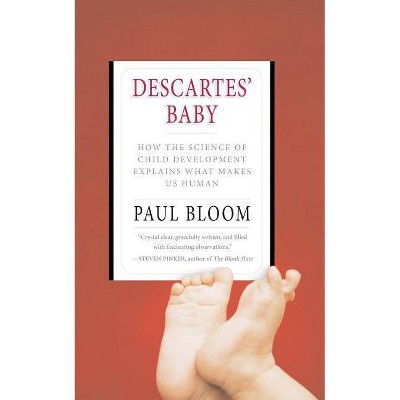
Similar Products
Products of same category from the store
AllProduct info
<p/><br></br><p><b> About the Book </b></p></br></br>"All humans see the world in two fundamentally different ways: even babies have a rich understanding of both the physical and social worlds. They expect objects to obey principles of physics, and they'"<p/><br></br><p><b> Book Synopsis </b></p></br></br>All humans see the world in two fundamentally different ways: even babies have a rich understanding of both the physical and social worlds. They expect objects to obey principles of physics, and they're startled when things disappear or defy gravity. Yet they can also read emotions and respond with anger, sympathy, and joy. In<i> Descartes' Baby</i>, Bloom draws on a wealth of scientific discoveries to show how these two ways of knowing give rise to such uniquely human traits as humor, disgust, religion, art, and morality. How our dualist perspective, developed throughout our lives, profoundly influences our thoughts, feelings, and actions is the subject of this richly rewarding book.<p/><br></br><p><b> Review Quotes </b></p></br></br><br>"[A] fascinating read, penetrating but not off-puttingly so, and of far more intellectual weight than the average pop-psychology offering."<br><p/><br></br><p><b> About the Author </b></p></br></br><b>Paul Bloom</b> is Professor of Psychology at Yale University. His book <i>How Children Learn the Meaning of Words</i> won the Award for Excellence from the Association of American Publishers. He lives in New Haven, Connecticut.
Price History
Price Archive shows prices from various stores, lets you see history and find the cheapest. There is no actual sale on the website. For all support, inquiry and suggestion messagescommunication@pricearchive.us
